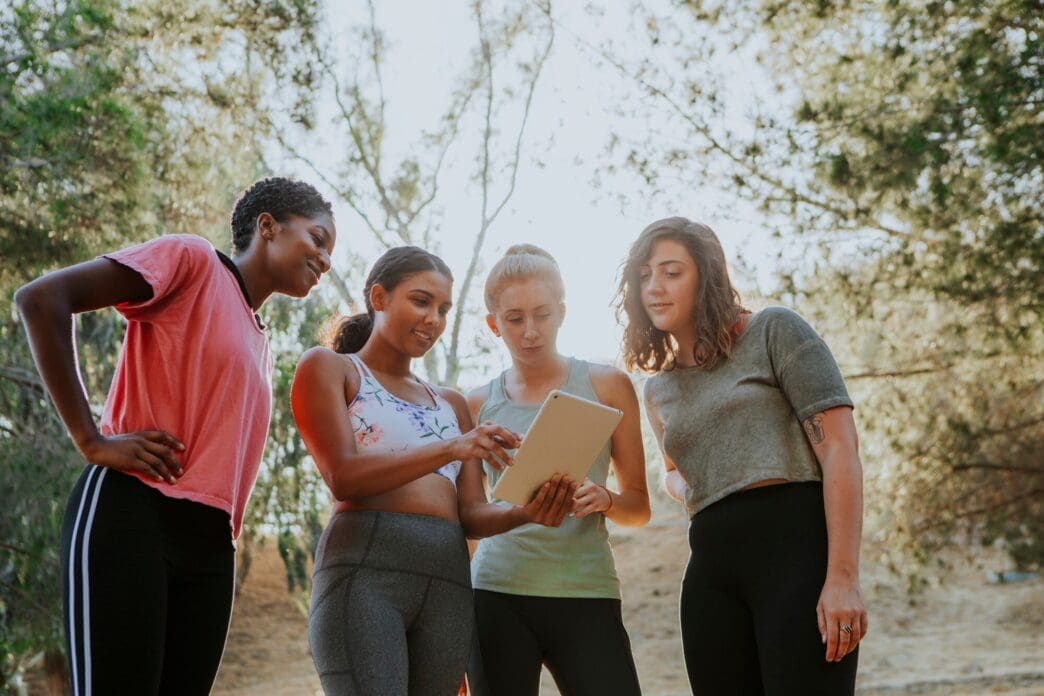A Quick Takeaway
The Story Behind the Trend
How to Make It Work for You
The Community View
Imagine a running experience tailored precisely to your preferences, shared with your closest friends, and without the hefty price tag of a commercial retreat. A DIY running retreat is an empowering and accessible way for runners of all levels to deepen their passion, connect with like-minded individuals, and explore new scenic routes on their own terms. This personalized adventure allows you to design your ideal training schedule, recovery protocols, and social activities, fostering both physical growth and lasting camaraderie in a setting of your choosing, whether it’s a tranquil forest, a coastal trail, or a mountain escape.
Why a DIY Running Retreat?
Opting for a do-it-yourself running retreat offers unparalleled flexibility and cost-effectiveness compared to pre-packaged options. You gain complete control over the itinerary, allowing you to focus on specific training goals or simply enjoy a relaxed running vacation. This bespoke approach ensures every aspect, from the terrain to the meal plan, aligns perfectly with your group’s collective desires and individual needs.
Beyond the practical advantages, a DIY retreat strengthens bonds within your running circle. Shared challenges on the trails, collaborative meal preparation, and evenings spent recounting adventures create indelible memories. This intimate setting fosters mutual support and motivation, pushing each participant to new heights while celebrating every stride together.
Step-by-Step Guide to Crafting Your Retreat
Creating a successful DIY running retreat requires thoughtful planning and clear communication. Breaking down the process into manageable steps ensures a smooth and enjoyable experience for everyone involved. Start early to secure the best locations and coordinate schedules.
1. Assemble Your Dream Team
The success of your retreat hinges on the compatibility of your group. Choose friends who share a similar enthusiasm for running, or at least a supportive attitude towards your collective goals. Discuss individual fitness levels and expectations upfront to ensure everyone feels included and challenged appropriately throughout the retreat.
2. Select Your Ideal Destination
The location sets the tone for your entire retreat. Consider destinations known for their scenic running trails, such as national parks, coastal towns, or mountainous regions. Research potential routes, assess the climate, and check for local amenities like grocery stores, cafes, and any emergency services. Accessibility for all participants is also a key factor.
3. Plan Your Running Itinerary
Design a flexible running schedule that caters to varying abilities and interests within your group. Incorporate a mix of easy recovery runs, challenging long runs, and perhaps some speed work or hill training. Don’t forget to factor in active recovery days, which could include hiking, swimming, or gentle yoga sessions to prevent burnout and aid muscle repair.
4. Arrange Logistics and Accommodation
Decide on accommodation that suits your group’s size and budget, such as a rented cabin, a large Airbnb, or even multiple hotel rooms. Coordinate transportation to and from the destination, as well as daily travel to trailheads. Plan meals collaboratively, whether it involves shared cooking duties, exploring local eateries, or a combination of both to keep everyone fueled and happy.
5. Pack Smart
Prepare a comprehensive packing list that accounts for all potential scenarios. Include multiple sets of running gear suitable for varied weather conditions, appropriate footwear, and essential recovery tools like foam rollers, massage balls, and resistance bands. Don’t forget hydration packs, first-aid supplies, and any personal nutrition supplements you might need on the trails.
Enhancing the Retreat Experience
A running retreat is more than just logging miles; it’s an opportunity for holistic wellness and connection. Integrate activities that complement your running and foster a sense of community.
Beyond the Run
Schedule dedicated time for non-running activities that promote relaxation and group bonding. This could include group stretching or mobility sessions, guided meditation, healthy cooking classes using local ingredients, or exploring nearby cultural attractions. Evenings can be spent playing games, sharing stories, or simply enjoying quiet downtime together.
Recovery and Wellness Focus
Prioritize recovery as much as training. Ensure everyone gets adequate sleep, stays well-hydrated, and consumes nutrient-dense meals to support their bodies. Consider incorporating post-run rituals like Epsom salt baths, ice baths (if accessible), or self-massage to reduce muscle soreness and accelerate recovery, preparing you for the next day’s adventures.
Safety First
Even in a DIY setting, safety should always be paramount. Before each run, share your planned route and estimated return time with someone not on the run, or with the rest of the group. Always run with a buddy, especially on unfamiliar trails, and carry fully charged phones, sufficient water, snacks, and a basic first-aid kit. Be aware of local wildlife and weather conditions, and know how to react in an emergency.
Embrace the Journey
A DIY running retreat with friends is an incredibly rewarding experience that transcends typical training routines. It’s an opportunity to strengthen friendships, push personal boundaries, and rediscover the joy of running in new, inspiring environments. By taking control of the planning, you create a truly bespoke adventure that caters to your unique needs and fosters a deeper connection to both your sport and your support system. Start dreaming, start planning, and unleash your inner runner on an unforgettable journey.







